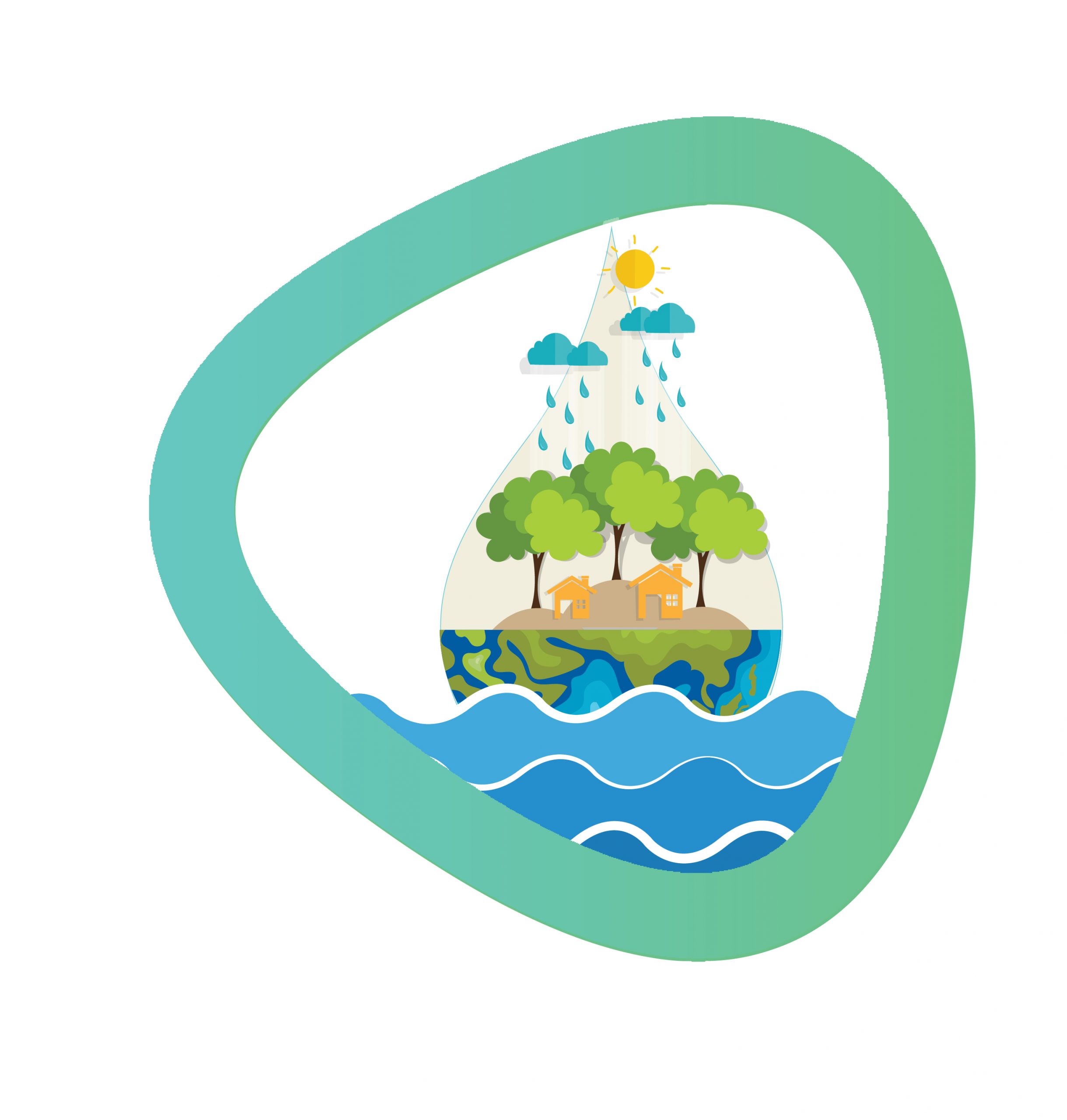The Program
We have designed a very interactive SSWM Training to keep you motivated and engaged. Besides interesting plenaries and sessions to strengthen your knowledge and set of skills, we have planned energisers and fun team building exercises for you to interact with other participants.
You will work in teams on a real-life SSWM project of yours. Expert mentors will be available, answering questions and supporting you on your way to develop a sanitation solutions/ projects that will enhance the overall sanitation and water management situation in the case study area.
Please note that the agenda is subject to slight adjustments.
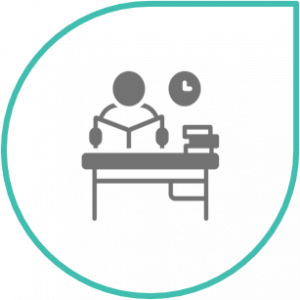 Self-Study Material
Self-Study Material
Short videos and easy to understand self-study training materials introduce you to various training subjects. It is essential to watch/read those pre-class training materials upfront to be able to actively participate in interactive classrooms.
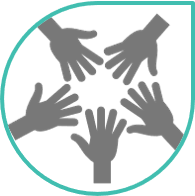 Group Work Sessions
Group Work Sessions
A team of experienced SSWM experts guides and coaches your team in applying your knowledge to a case study. Step-by-step, you will develop a sanitation project.
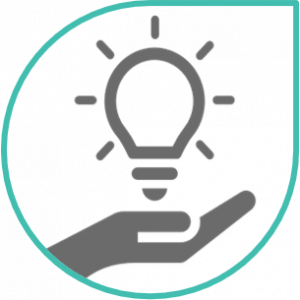 Input Sessions
Input Sessions
Using simple examples, we explain the practical application of the theoretical knowledge gained from watching/reading pre-class training materials.
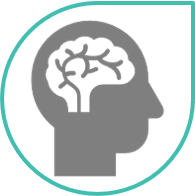 Virtual Energisers
Virtual Energisers
We have planned for short, team-building exercises aimed at overcoming and energisers for reloading energy, having fun and involving some form of physical activity. Don’t miss it!
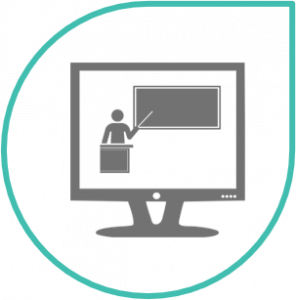 Presentation of Project
Presentation of Project
You will present the results of your teamwork to us and other participants and receive expert and peer feedback.
The learning objectives
By the end of the workshop, I will be able to:
- Utilise the SSWM Toolbox to develop a local initiative in water, sanitation and resource management.
- Use the Problem, Objective and Strategy Tree Analysis tool to identify negative aspects of an existing situation, establish causes and effects relationships, describe the desired future situation and decide the scope of a local water, sanitation and resource management intervention.
- Develop a conceptual project framework to visualise the intervention’s broad outline, define the project goal, and organise outcomes and outputs in a logical model highlighting the linkages between them.
- Use participatory methodologies and tools in categorising stakeholders according to their importance and influence, and converting available information into a preliminary strategy plan showing how and at which stage to involve the identified stakeholders to help the project to succeed.
- Give and receive constructive and useful peer-feedback.
- Create an action plan consisting of a number of action steps to be taken in further developing the project.
- Identify and share knowledge, experience or best practices in project planning and implementation.
- Present and communicate training results effectively and in an engaging manner.
The Agenda
| Saturday 30. October 2021 | |
| 13:00 – 14:45 | Welcome, introduction and participant’s SSWM project ideas |
| 14:45 – 15:00 | Break |
| 15:00 – 17:00 | Group work: Problem Analysis |
| hh | |
| Sunday 31. October 2021 | |
| 13:00 – 14:45 | Group work: Problem Tree Analysis |
| 14:45 – 15:00 | Break |
| 15:00 – 17:00 | Group work: Objective Tree Analysis |
| hh | |
| Monday 1. November 2021 | |
| 13:00 – 14:45 | Group work: Strategy Analysis & Project Design |
| 14:45 – 15:00 | Break |
| 15:00 – 17:00 | Group work: Project Design |
| hh | |
| Tuesday 2. November 2021 | |
| 13:00 – 14:45 | Group work: Stakeholder Analysis |
| 14:45 – 15:00 | Break |
| 15:00 – 17:00 | Group work: Stakeholder Analysis (contd.) |
| hh | |
| Wednesday 3. November 2021 | |
| 13:00 – 14:45 | Market Place |
| 14:45 – 15:00 | Break |
| 15:15 – 17:00 | Group work: Action Planning |
| hh | |
| Thursday 4. November 2021 | |
| 13:00 – 15:15 | Discussion: project implementation & preparing for presentation |
| 14:45 – 15:00 | Break |
| 15:15 – 17:00 | Presenting project & wrap-up |
| hh | |
* All times are in Arabic Standard Time Zone (AST: UTC +3)
